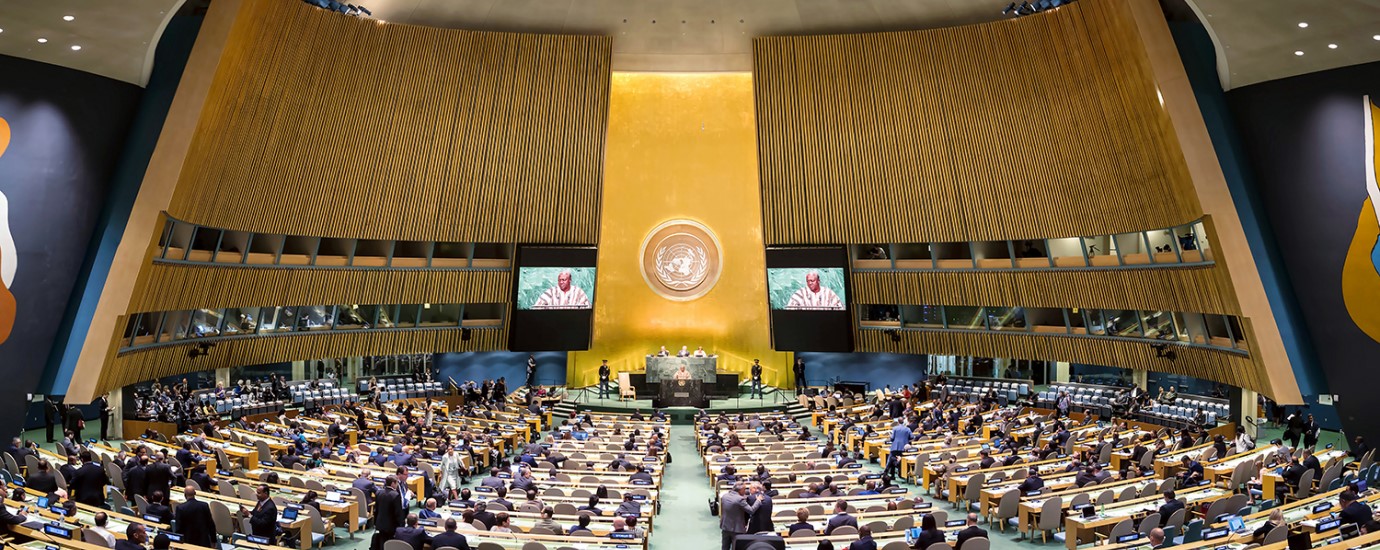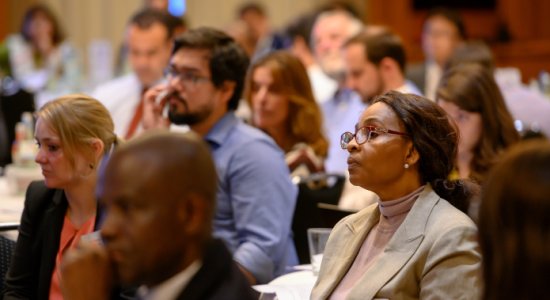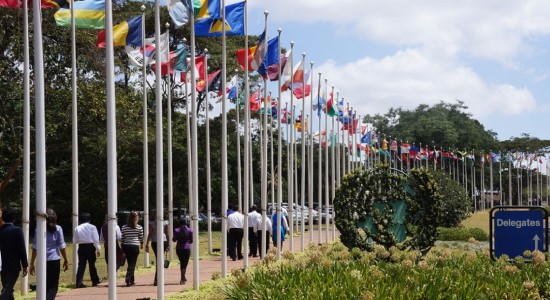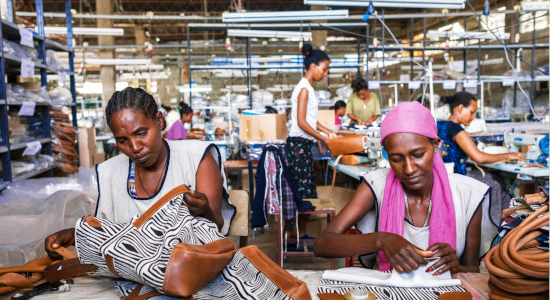Our activities within the Policy- and Stakeholder Dialogue
This includes advocacy work through the exchange with stakeholders from the political sphere, industry, economy, civil society, science, or research. The ISC3 is continuously working towards building up an international network and scientific community of Sustainable Chemistry stakeholders. In order to engage all key stakeholders along the value chain of international chemicals management, the ISC3 Policy- and Stakeholder Dialogue organises a range of activities, e.g.: Stakeholder Forum, Global Weeks, webinars, information sessions or tailor-made trainings.
The formats deliver content about specific policy topics, among others: To ensure a broad and diverse exchange of views on Sustainable Chemistry, the ISC3 brings cooperation partners together across sectors (e.g. international organisations, non-governmental organisations, industry, associations, start-ups) . At the same time, we are continuously looking out for best practices (e.g. innovations, creative ideas, policy initiatives) within the field of Sustainable Chemistry. Have a look at global best practices at the Future Policy Award Ceremony 2021 above!
Historically, the establishment of ISC3 is the German contribution to the political international processes (such as the SAICM Process) and other relevant global chemical conventions (e.g. Basel, Rotterdam, Stockholm), whereas the main goal is to contribute to an international breakthrough of Sustainable Chemistry.
The ISC3 contributes to international political processes (with Side Events) such as the United Nations’ Strategic Approach to International Chemicals Management (SAICM), addresses emerging policy issues and does advocacy work for Sustainable Chemistry on a all levels.






